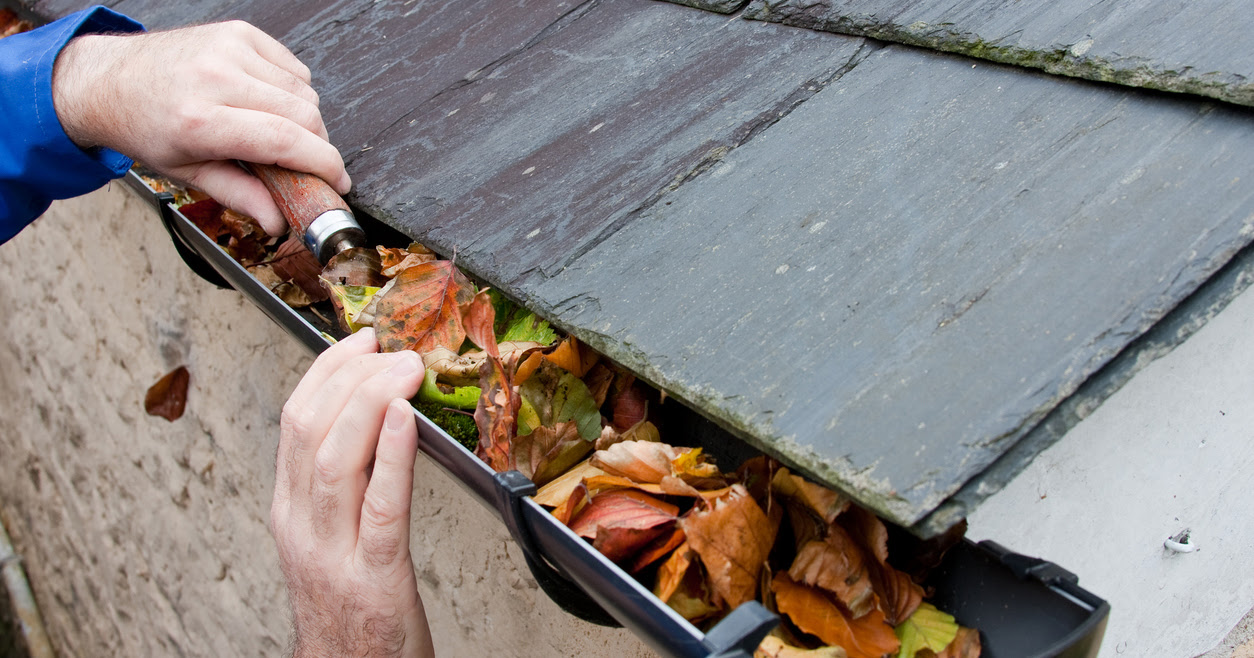
Your Real Estate Resource Being a better homeowner is a full-time job. It's not just about making better decisions when you buy and sell; it's making better decisions throughout the time you own the home. It takes good information to make good decisions. Think of times when you need advice on financing, taxes, insurance, maintenance, finding reasonable and reliable contractors and lots of other things. Imagine how nice it would be to have a real estate information line you could call whenever you have a question. During the purchase or sale, the obvious place to get real estate answers is your agent but where do you go the rest of the time? Since homeowners are now staying in their homes for ten to twelve years or more, they need a reliable resource for good information and advice. Our objective is to move from a single purchase or sale to customers for life; a select group of our friends and past customers who consider us their lifelong real estate professional. We










